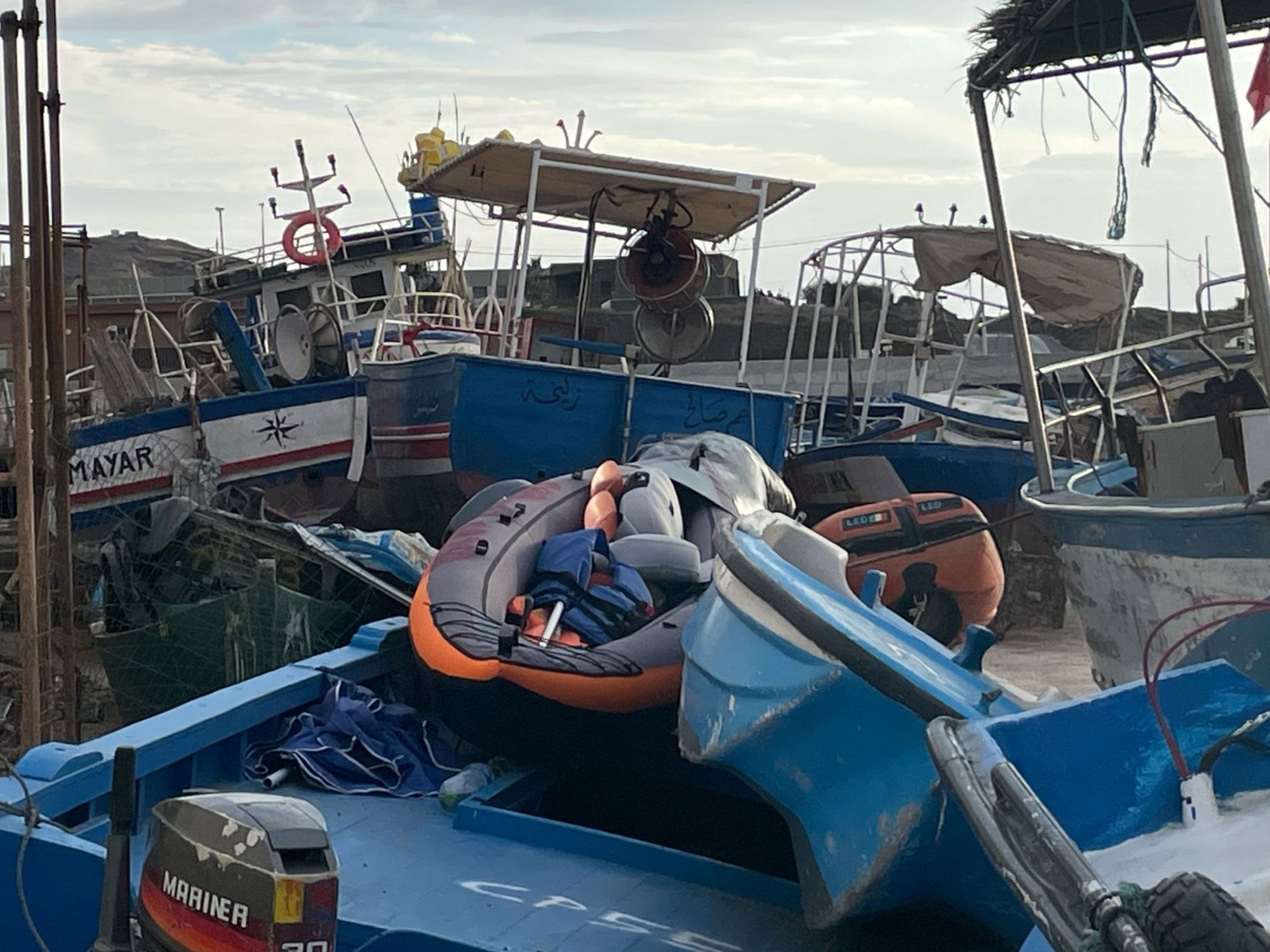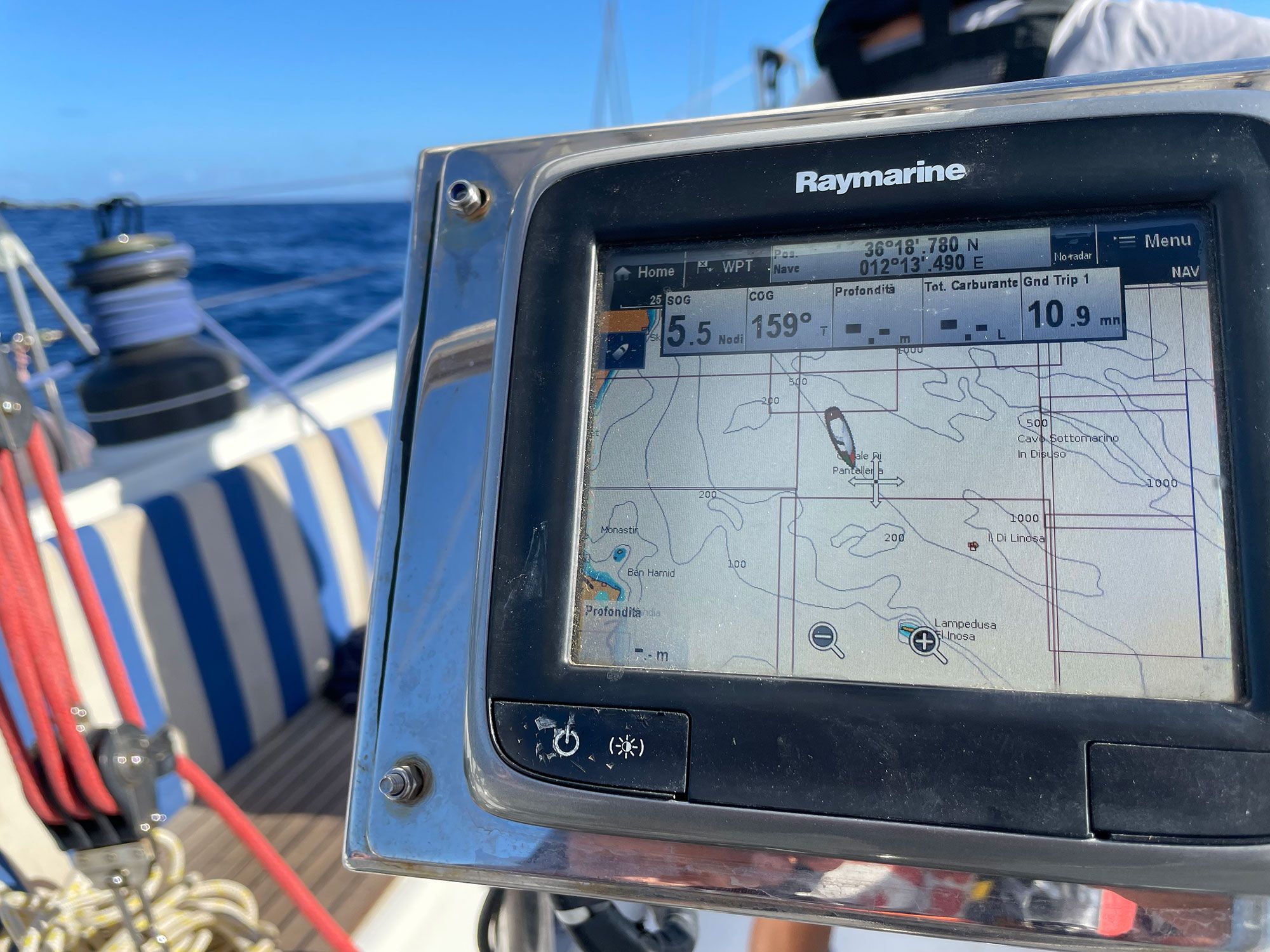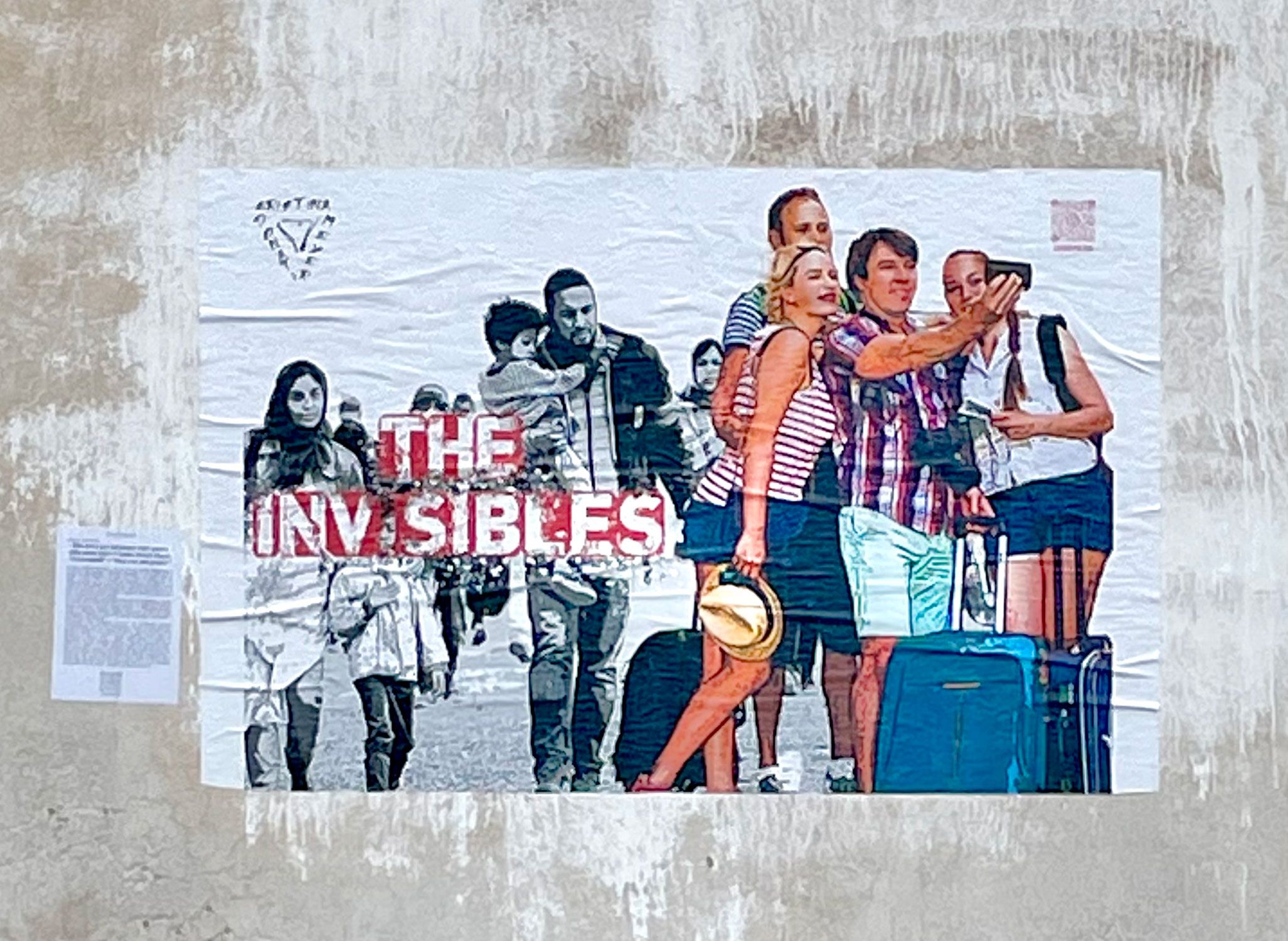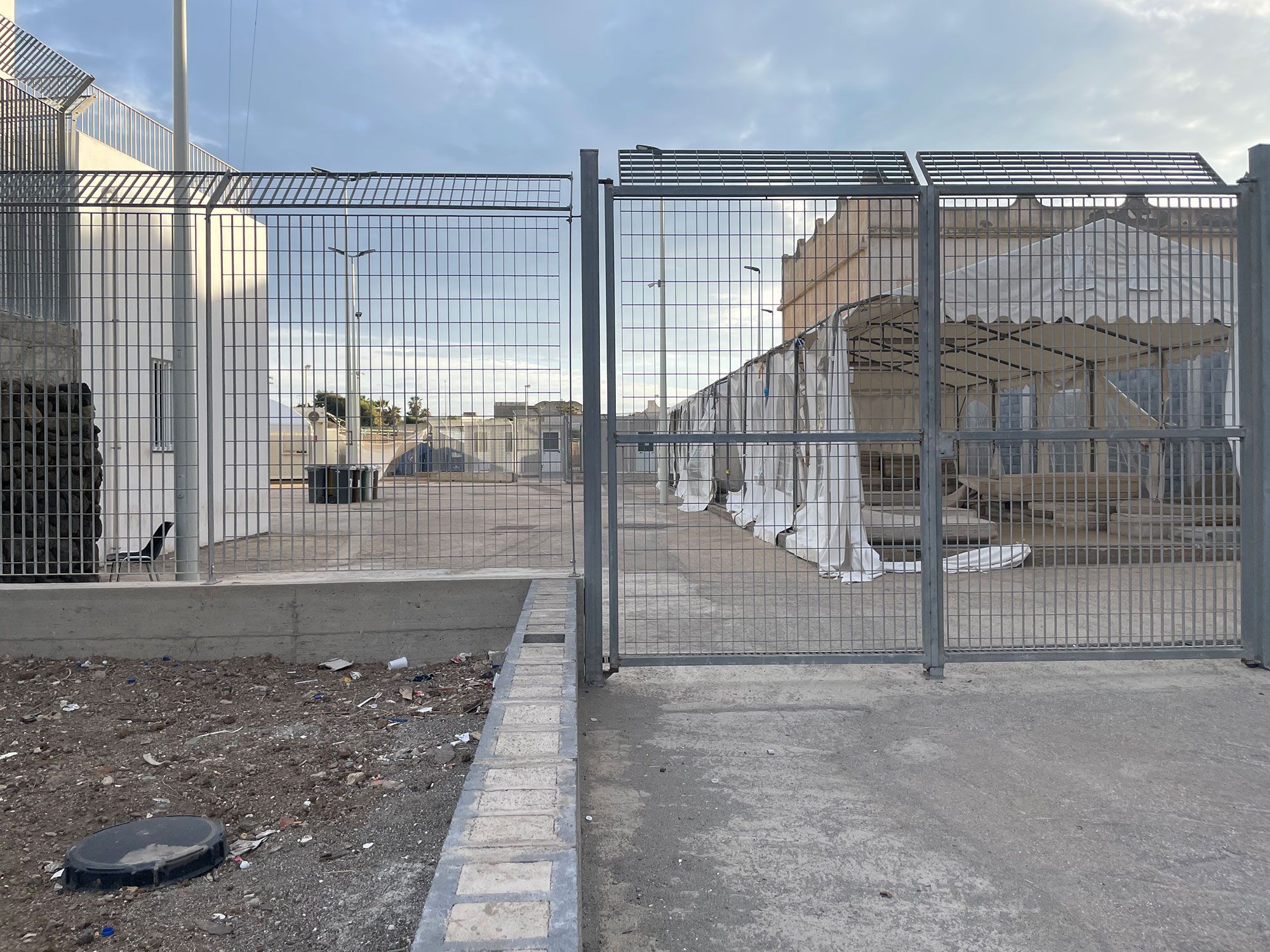THE mediterranean sea
“In public discourse, the Mediterranean Sea is represented mostly as a space of separation, or a battleground, separating radically different worlds. On the contrary, the Mediterranean maritime space is, since an immemorial time, a space of encounter, crossing and contamination; a crossroads of ideas, changing identities, and of subjects on the move, between past and future.“
Since about a decade the maritime space has become a crucial site in the political construction of the European border regime. As a consequence, the maritime space appears as a trans-national battleground where new migration containment policies are continuously developed and enforced. Furthermore, migrations in the maritime space open multiple contradictory expectations and challenges to local actors/institutions and sea-based economies, both on the Northern and the Southern shores of the Mediterranean Sea. At sea, seafarers seem to be trapped between the conflicting dictates of the humanitarianism, economic and maritime security regimes, juggling, at the micro-scale, with diverging expectations coming from the institutions. Operating migrants rescue at sea, indeed, is more and more complicated, exposing rescuers – being them seafarers, fishermen, or humanitarian organisation – to risk of criminalisation.
Hence, rescue involve critical dilemmas in every subject operating at sea, opening up also to the disputes among coastal states to determine which of them is responsible for the rescue at sea or by the refuse to allow disembarkations. At the same time, migration does not happen in a void environment, interacting with multiple transformation dynamics involving coastal societies. Thus, it comes out the maritime space seems to be shaped by the interplay between the securitization/militarization of border policies, control platforms such as EUROSUR, solidarity digital networks, fishermen and seamen’s everyday working practices, the state coast guard and Frontex, the emerging European civil fleet of rescue, and migrants’ determination to move, as well as by the interaction of these dynamics with local socio-economic transformations.
We conceive, then, the Mediterranean Sea as a transit space framed within the opposite narratives of control and openness, in which migration acts as catalyst, revealing the emerging and changing patterns of a radical cultural and economic transformation.
Our case-studies
-
1
The first case-study. Digital platforms and solidarity infrastructures of the sea (UniGE and UniPR). The Mediterranean Sea is crossed by a dense intertwine of technological apparatuses linked to rescue and control: those EU/state-managed like EUROSUR and those from the civil society. We will investigate the practices embodied in these apparatuses and the encounters they enact.
-
2
The second case-study. Fishermen and rescue in the central Mediterranean (UniGE). Fishermen across the Sicilian channel have an established tradition of circular mobility, crossing the sea borders to pursue their activity and often being involved in rescuing migrants in distress. We will address the shifting encounters between the sea ethics and the material constraints of business. Fieldwork will be carried out in Sicily (e.g.: Mazara del Vallo, Lampedusa) and Tunisia.
-
3
The third case-study. Humanitarian fleet. (UniPR, UniGE, UniOR) In the last 10 years, a wide range of NGO actors have carried out solidarity activities in the central Mediterranean area developing new practices and technologies of search and rescue at sea. These actors found themselves in a shifting position, cooperating or conflicting with the state actors from both sides of the sea. Our fieldwork will follow the SAR missions with researchers embarked on the humanitarian vessels.
-
4
The fourth case-study. State agencies on the sea. (UniOR) We will focus on the practical measures those authorities should implement and the measures they realized instead, in violation of national and international obligations: in particular, the duty of solidarity at sea and the respect of the principle of non-refoulement.
Mediterranean sea team
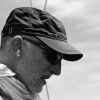
Luca Queirolo Palmas is Professor in Sociology of Migration and Visual Sociology at Genoa University. Co-director of Mondi Migranti, Journal of Studies and Research on International Migration. He has directed several European projects on migrations, gangs and youth; he is now leading as Principal Investigator the ERC AdG project SOLROUTES – Solidarity and Migrants Routes Across Europe at Large. Since 2016, he is member of the Scientific Advisory Board of TRANSGANG “Transnational Gangs as Agents of Mediation”, an ERC-Advanced-funded project. He has been Supervisor of a Global Marie Curie Fellowship on asylum policies in Europe and Canada and of an EU COFUND Doctoral Program on migration in marginalised areas (REFINTEG and CLOE). His last publication with Federico Rahola – Underground Europe. Along Migrants Routes, Palgrave, New York – has recently won an award as best sociological book by RC 31 (Sociology of Migration) of International Sociological Association.
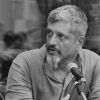
Enrico Fravega is post-doc Research Fellow at the University of Genoa, where he coordinates the MOBS research project. In his recent research work he explored the nexus between migration, housing conditions and temporalities. His methodological approach mainly relies on ethnographic and participative methods, as well as on biographical methods. He is member of the University of Genoa “Laboratorio di Sociologia Visuale”. Recent publications include: Crocevia Mediterraneo with Jacopo Anderlini (eds.), (Eleuthera, 2023); La lotta per il tempo, with Daniela Giudici and Paolo Boccagni (Meltemi, 2023); Looking for homes in migrants’ informal settlements. A case study from Italy. In “Migration and domestic space: Ethnographies of home in the making” (eds. Boccagni, P., Bonfanti, S.), (Springer, 2023); Trasformazioni Mediterranee. Migrazioni, incontri e barriere, with Luca Queirolo Palmas, “Dialoghi Mediterranei”, 2023, n. 60.

Ivan Bonnin is a critical sociologist currently employed as a postdoc researcher at the University of Genoa. His interests of research span from border studies to racial capitalism in Europe and in the Mediterranean, from social theory to international relations ‘from below’. Since 2015 Ivan has extensively worked on the borderland of Ventimiglia, where he conducted ethnographically-embedded analysis of various kind. Both as a sociologist and an activist, he believes in the transformative energy of solidarity and supports practices of radical democracy.

